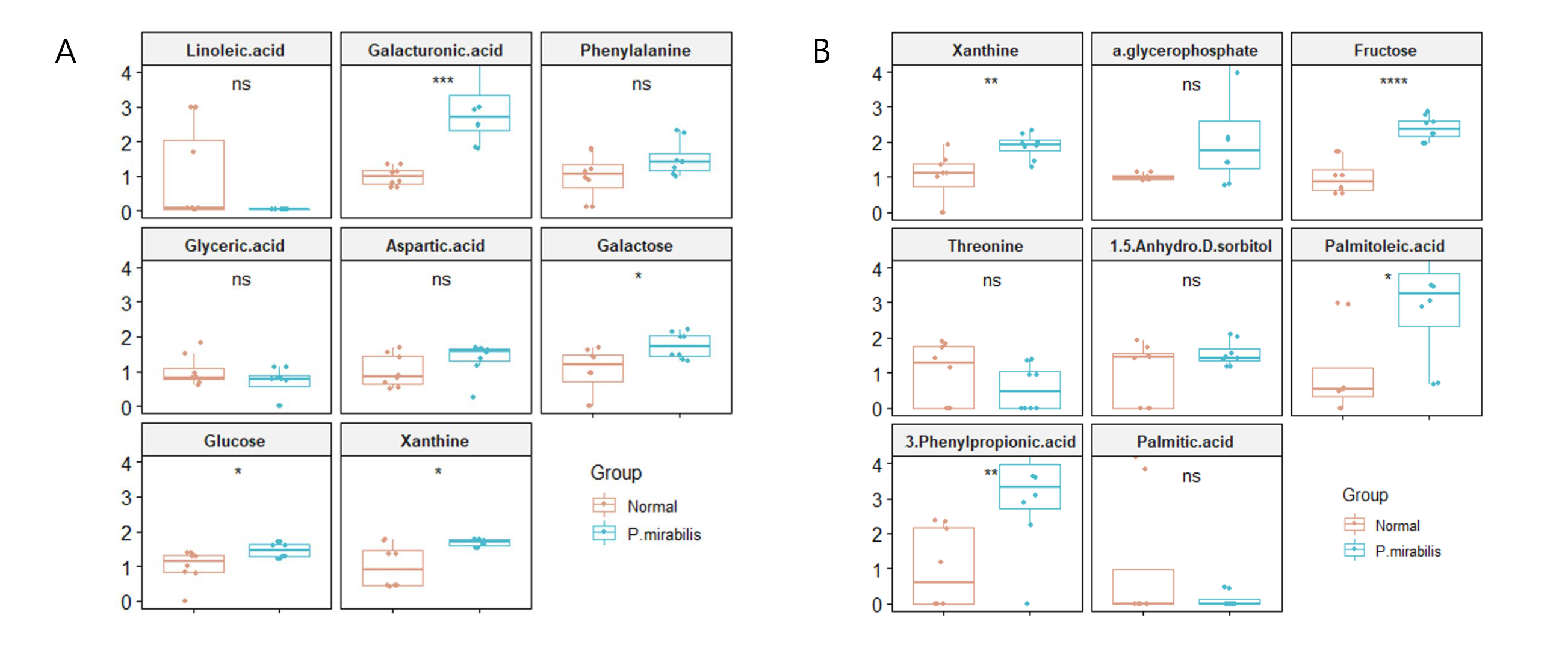Press Release

Parkinson's Disease, Linked to Glucose Metabolism Dysregulation Caused by Gut Microbiota
2024.12.04 13:43- 작성자 관리자
- 조회 389
A new theory regarding the causes of Parkinson's disease, a condition caused by the destruction of dopamine neurons in the brain's substantia nigra, has been proposed.
Research teams led by Professor Myung-Sook Oh of Kyung Hee University, Professor Yoo-Jin Heo of Gachon University, along with MetaCen Therapeutics (CEO Myoung-Gyu Park) and the AGEs Society, have revealed that Parkinson's disease may be caused by gut microbiota and abnormalities in glucose metabolism. According to MetaCen Therapeutics, these findings offer potential for new diagnostic and therapeutic approaches for Parkinson's disease.
The research identified that the Proteus mirabilis (PM) strain damages dopamine neurons in the substantia nigra of mice, leading to Parkinson's disease. The team further clarified that the neurodegenerative effects of PM are closely associated with Hemolysin A, a toxic factor produced by the strain. Hemolysin A interacts with alpha-synuclein (α-synuclein), a major pathogenic factor in Parkinson's disease, creating pores in the intestinal cell membranes and accelerating α-synuclein aggregation, ultimately inducing neurological damage in the brain.
Building on this, the researchers compared the pathological progression and metabolic differences in PM-induced Parkinson's disease mice with those of healthy mice. Significant differences in glucose and lipid metabolism were observed in the PM-induced Parkinson's group. The study highlighted that abnormalities in glucose metabolism play a crucial role in the progression of neurodegenerative diseases. This process was attributed to the interplay between gut microbiota and the gut-brain axis, emphasizing the importance of gut-brain crosstalk.

Additionally, PM was identified as a major gut bacterium responsible for producing advanced glycation end-products (AGEs), and excessive fructose was pinpointed as a key substrate for AGEs production. The study underlined that reducing excessive sugar intake and suppressing AGEs production could not only prevent metabolic diseases but also lower the risk of developing neurodegenerative conditions such as Parkinson's disease.
The findings have been published in the prestigious SCI journals EBioMedicine and Frontiers in Molecular Neuroscience. A representative from MetaCen Therapeutics stated, "These research outcomes demonstrate that the pathological progression of Parkinson's disease induces metabolic changes. These changes could be leveraged to understand the pathological mechanisms of neurodegenerative diseases and may serve as biomarkers for diagnosing Parkinson's disease in the future."
Reporter: Hee-Geun Roh, hkr1224@dt.co.kr
Source: [Digtial Times] (https://www.dt.co.kr)
